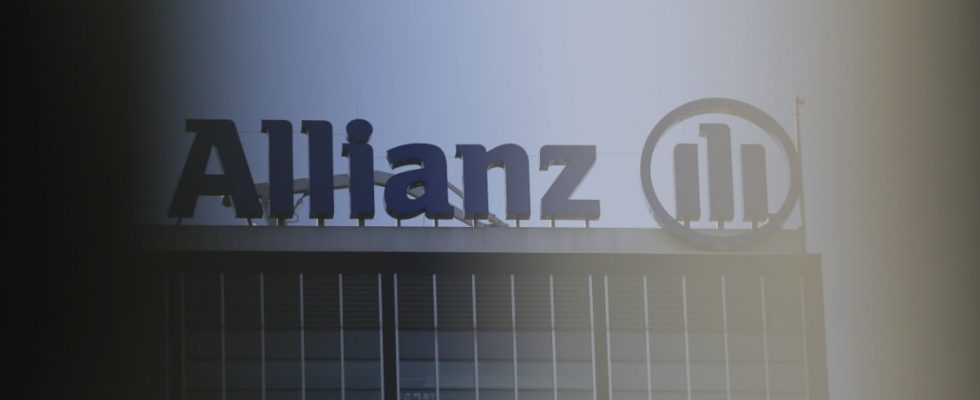According to SZ information, Allianz has to expect a demand from the financial regulator Bafin in the billions. The supervisory authority examined the condition of the insurer’s IT and found it to be unsatisfactory, as did two other insurers. In such situations, the Bafin wants to raise capital surcharges with immediate effect and publish the names of the companies concerned.
When asked, a spokesman for Bafin only said: “We cannot comment on individual companies.” Allianz was also not willing to provide information. “We have no position on this,” said a spokeswoman. “However, we strive at all times to comply with all official and regulatory requirements.”
Allianz’s solvency capital, which it reserves for assuming risks from insurance contracts and investments, amounted to EUR 38.8 billion at the end of 2022. Should the surcharge come and amount to five percent, as indicated by the Bafin on an earlier occasion, the insurer would have to increase the solvency capital by 1.94 billion euros.
That would be a sensitive shock for the group and its reputation among investors and customers. CEO Oliver Bäte has been trying for years to portray Allianz as a high-tech company that wants to be technically on par with internet giants like Amazon through rapid digitization.
Allianz recently had to deal with a major scandal in the United States that resulted in fines and damages of almost six billion dollars. In addition, the investment subsidiary AGI is not allowed to sell any funds in the USA for ten years. With a record operating result and a higher dividend for 2022, the group tried to push the scandal into the background. The deficiencies in IT are likely to significantly weaken the group’s reputation among investors.
IT is now more strictly controlled
In December 2022, Bafin announced a new approach to assessing IT for the first time. Under the EU supervisory rules Solvency II, insurers’ own funds should be sufficient to cover the risks. The Bafin sees poor IT conditions as a further risk and therefore wants to levy temporary capital surcharges. The supervisor does not see this as a fine, but as a risk buffer.
In February 2023, Frank Grund, head of insurance supervision at Bafin, confirmed the procedure in an interview with the SZ: “We attach great importance to the fact that the security measures are up to date.” The supervisor made some checks. “The result is quite sobering.”
In the case of Allianz, reports of acute IT problems have recently increased. That’s what it reported Handelsblattthe Bafin urgently asked the group to streamline the IT structure, which is currently being operated in many different units.
Allianz has had major IT problems for years. One reason is that the group is sticking to the Allianz operating system, which was once programmed by the Austrian subsidiary and which many experts consider outdated. But instead of replacing the programs, the group tried to offer them to other insurers. The project, which started in 2018, failed: Hardly any competitor was willing to have its data managed by an outdated system operated by Allianz. The project ended in April 2022.
The European direct insurer Allianz Direct, which was developed at great expense, is also not gaining momentum in Germany. Now a cooperation with the once frowned upon comparison portal Check24 should save the project.

